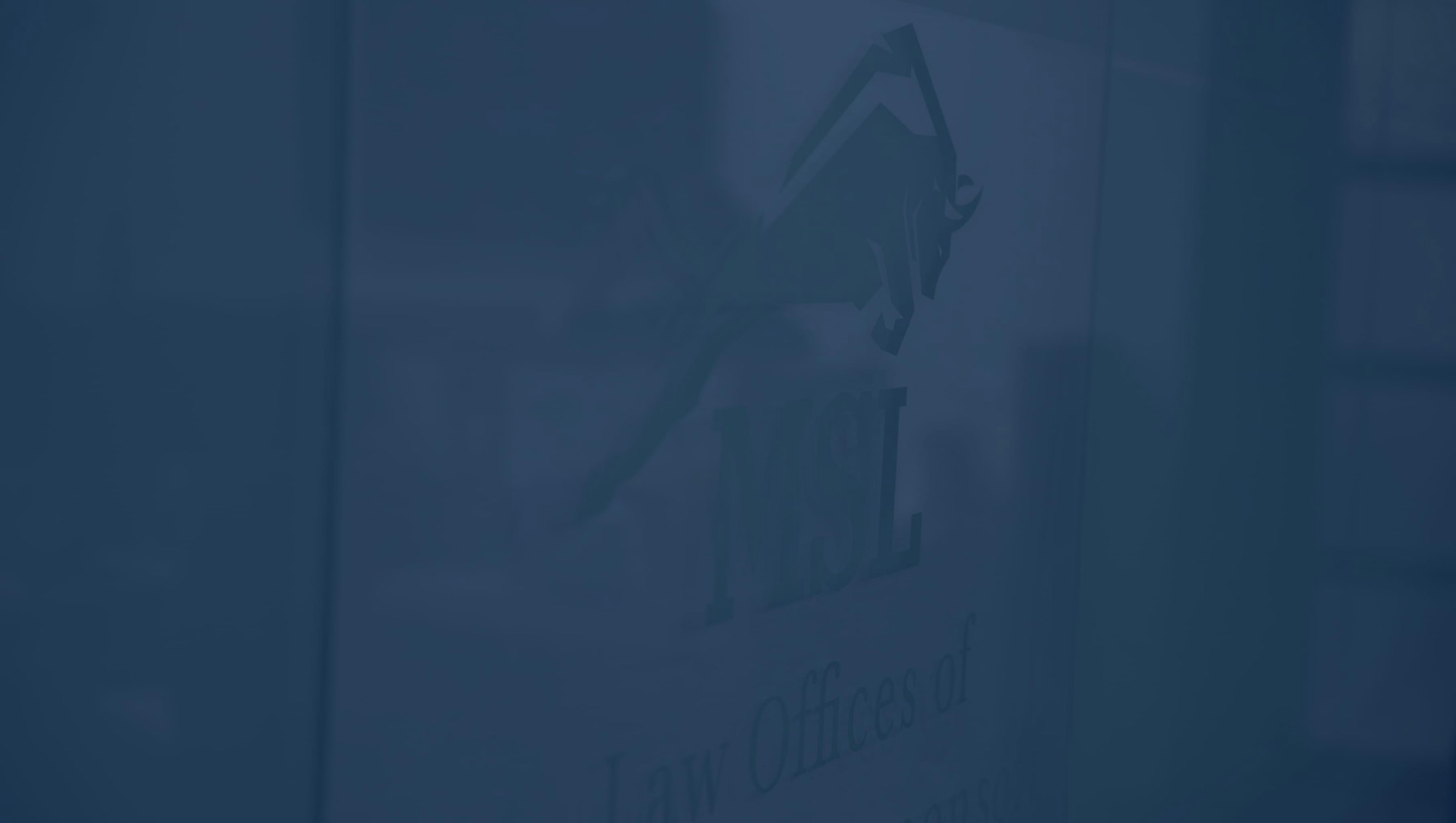Dog Bite Laws in New York
One-Bite Rule
New York does not follow the "one bite rule," which gives immunity to a dog owner unless the dog has previously bitten someone. Instead, New York imposes liability based on the dog owner’s knowledge of the propensity for the dog to be vicious and dangerous, regardless of whether the dog has bitten someone before.
Strict Liability Law
What is Considered a Dangerous Dog under New York Law?
Under New York law, a dog can be considered dangerous if it has attacked, injured, or killed a person, a companion animal, a farm animal, or a domestic animal without justification. Additionally, a dog that behaves in a manner that poses a serious and imminent threat of physical injury or death can also be considered dangerous. Common signs of aggressive behavior in dogs include:
- Growling, baring teeth, snapping, or lunging without any provocation or threat
- Excessive and unreasonably aggressive guarding of food, toys, and territory
- Attacking other animals or people without any provocation
Third-Party Liability in a New York Dog Bite Claim
Under New York law, third parties like landlords and pet care and grooming facilities can be held liable for a dog bite under certain circumstances.
Landlords can be held liable if:
- They knew or should have known about the dog's dangerous behavior and had the ability to remove or restrict the dog from the property.
- They failed to take reasonable steps to address the risk posed by the dangerous dog.
For example, if a tenant's dog had previously attacked someone, and the landlord was aware of this and did not take any steps like evicting the tenant or requiring the dog to be removed to mitigate the danger, they could potentially be held liable in the event of a dog attack on their property.
Pet care and grooming businesses can be held liable if:
- They failed to follow standard safety protocols and procedures for handling dogs.
- They were negligent in restraining or supervising the dog, leading to the bite incident.
- They accepted a known dangerous dog without taking the necessary precautions to prevent an attack.
For instance, if a grooming store failed to restrain a dog that had shown signs of aggression properly, and that dog subsequently bit someone, the store could be considered negligent and thus held liable for the injuries.




